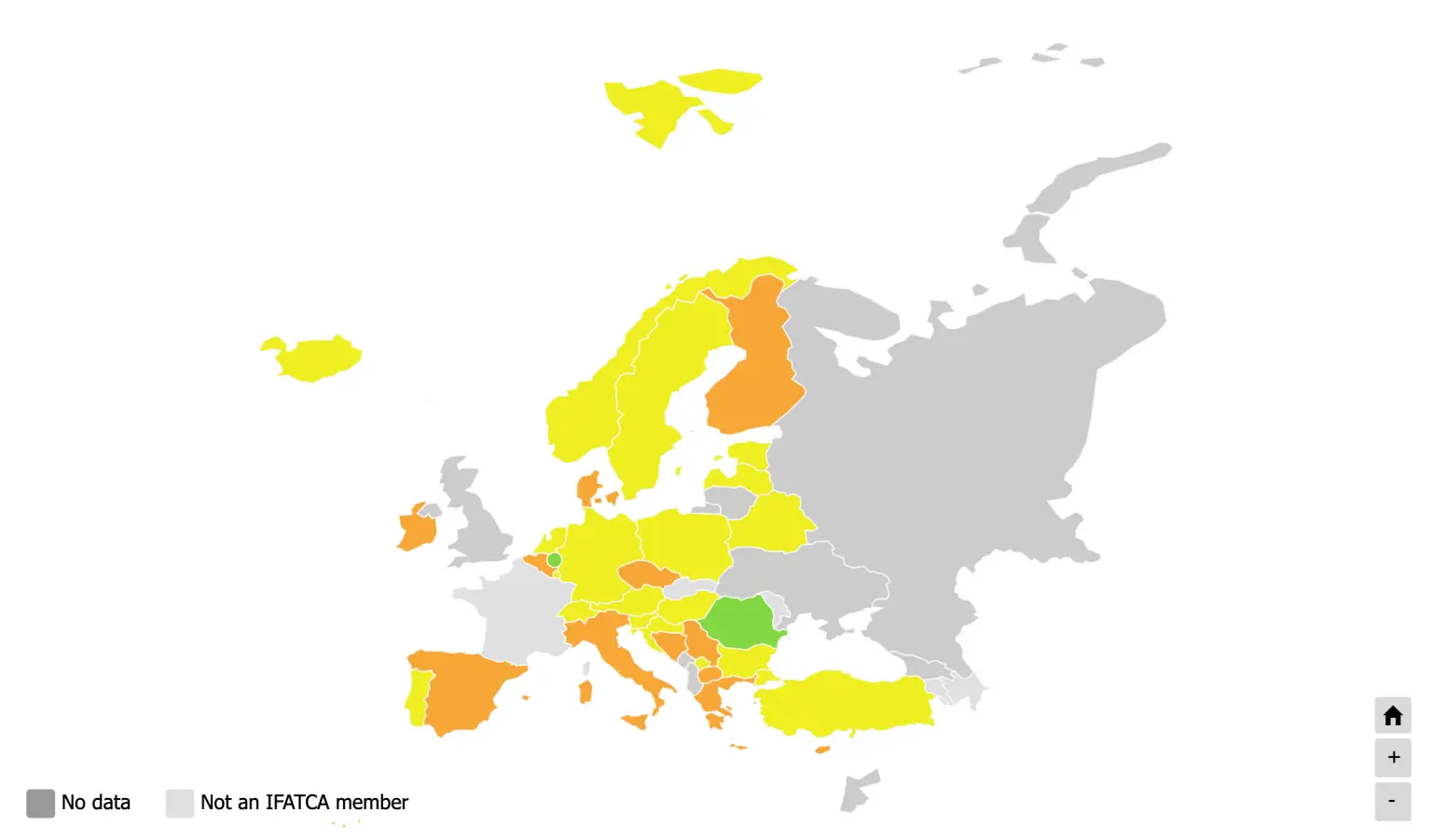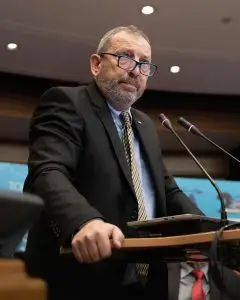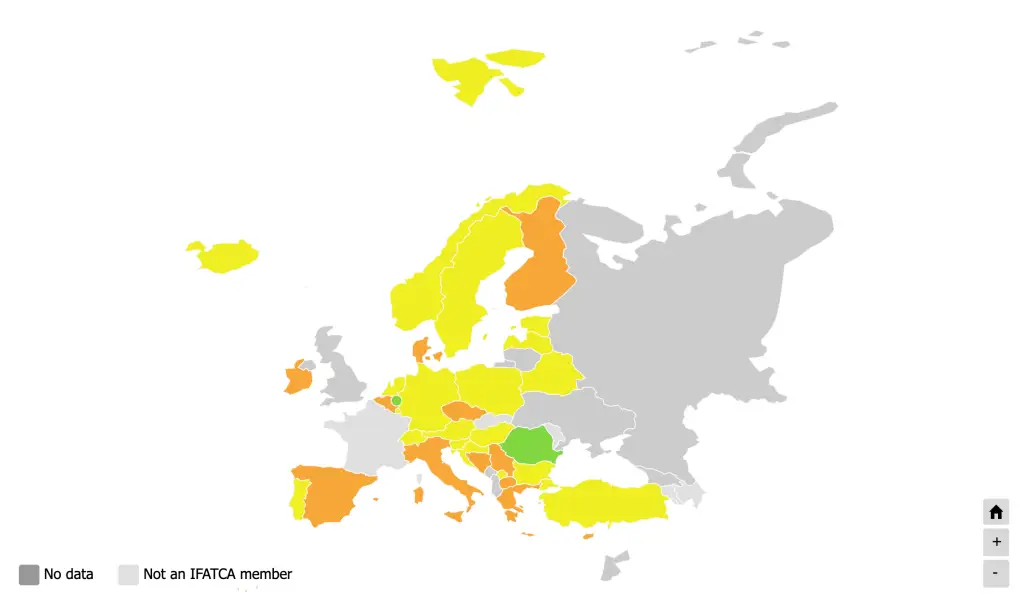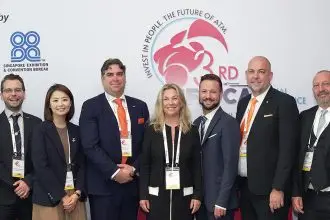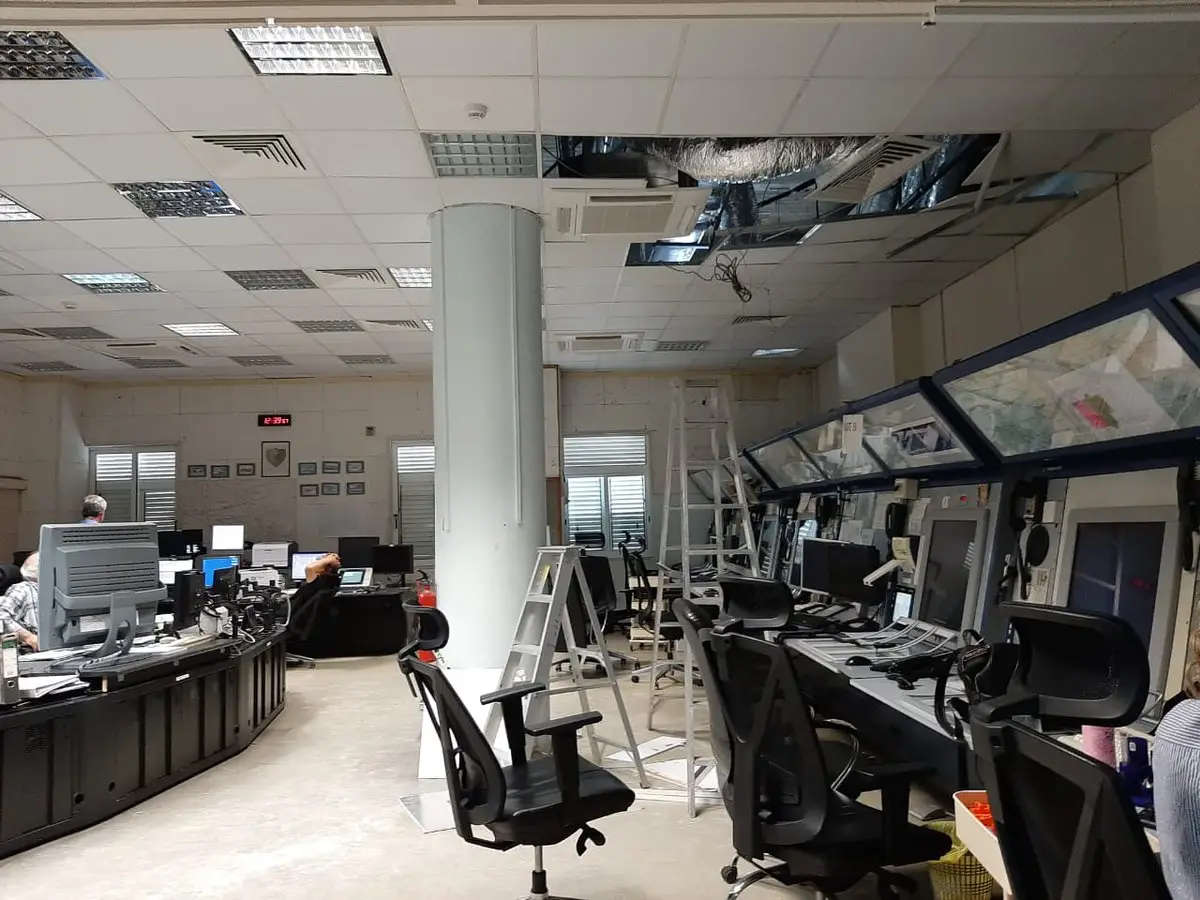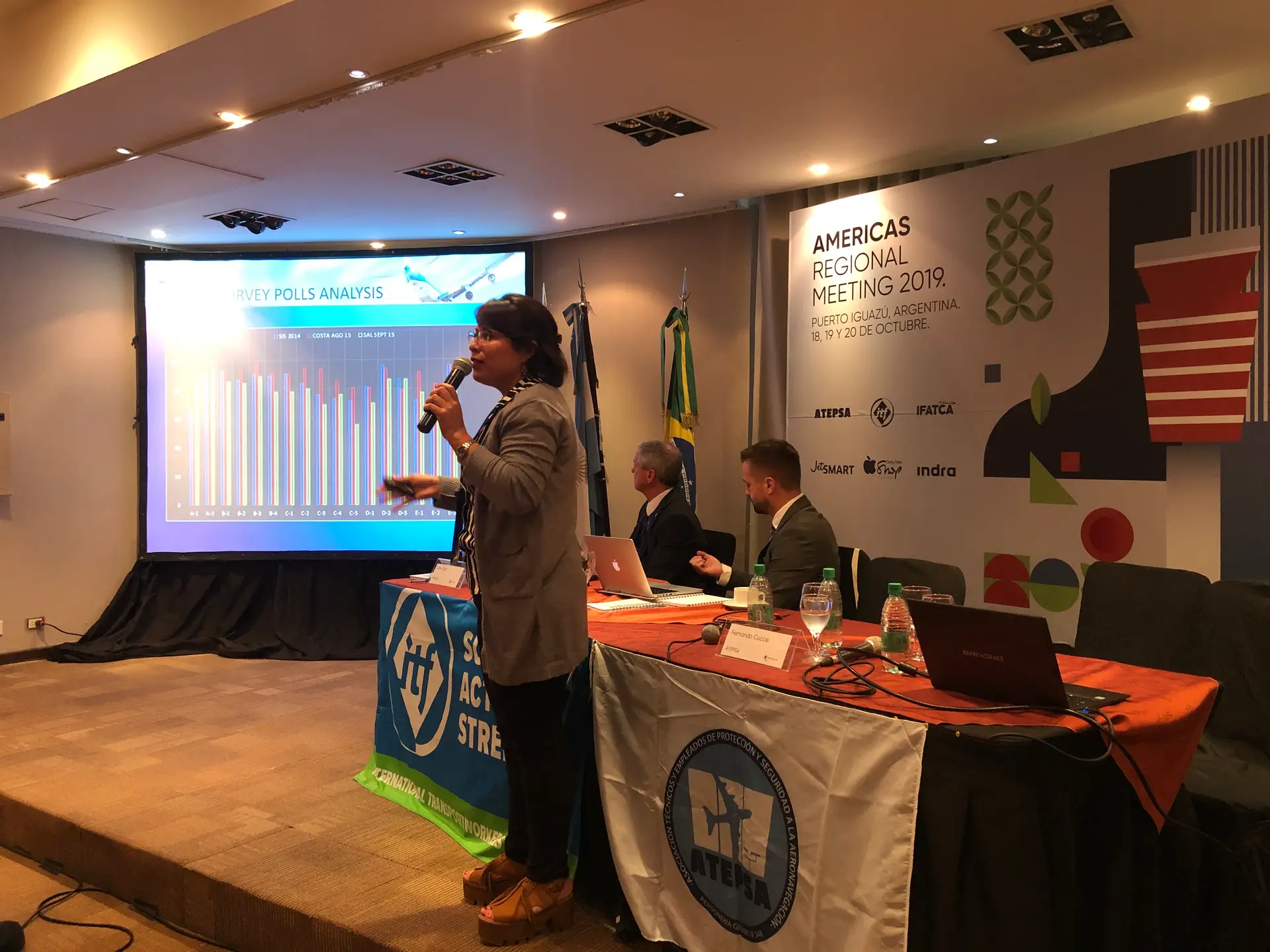In 2022, the European network delays cost the airlines an estimated EUR 800 million!
According to the Network Manager, around 70 sectors – out of nearly 570 – were responsible for the vast majority of this delay. The main cause for this 7% under-capacity was a shortage of air traffic controllers (ATCOs). With the foreseen 15% traffic increase in summer, the effects of this shortage will be a major hurdle for air travel in Europe and will affect all stakeholders.
Still according to EUROCONTROL, the actual shortage is between 700 and 800 ATCOs. This would mean that there is a need for a “one-off investment” of between EUR 70-200 million for the ANSPs.
How does it compare to an annual cost of EUR 800 million?
Regulating European Air Traffic Management has been a challenge since the beginning of the European Commission’s Performance Scheme. Following the COVID crisis, the evolution of the existing system has been subjected to new stressors. Continuing to focus on cost efficiency has the potential to suffocate the existing system and undermine the resilience needed for the expected traffic increase. We have witnessed the recurrent formula: stop hiring and training to reduce the costs, after that with the same consequences a few years later: a capacity crisis and sky-rocketing delays. From IFATCA’s perspective, continuously hammering on reducing costs has had the opposite results – i.e. lack of capacity, increased delays, and extra CO2 emissions. Despite what some would like us to believe, this cost-cutting policy contributes to a very inglorious cocktail for the future of a sustainable aviation industry.
Consequently, IFATCA calls on the European Commission to exclude the hiring of the needed workforce from a future target-setting scheme, as it could avoid continuing this negative spiral.
Targeted cost efficiency, performance goals, robust professional dialogue, and sound resource management within a political visionary project shall be our main targets to deliver what we all look for: a safe, performant, continuous and viable European aviation industry.
Building on the existing experience and performance of the ATM system, there is a need to continue to strive for the long-term sustainable development of a robust and resilient system.
Solutions exist, though, depending on political will. IFATCA has always been willing to participate in constructive debate and has proposals for a “win-win” system.
A few established ATC systems exist ( even for decades) with a proven performance and efficiency record, which can serve as the blueprint of the Single European Sky at a regional level.
Therefore, the potential exists to spread this performance across the European Network if one would look to work “Together-Further” towards a common goal. A political commitment is needed.
For now, IFATCA has produced a self-reported heat map which you can access via the following link. While the data is, of course, subjective, it demonstrates how our European Member Associations perceive their situation.
To make matters worse, the demography of the current workforce does not look like this problem will go away soon. To ensure the transition to a more digital and greener industry, we will likely need extra resources. It would be timely to highlight this general challenge.
All (European) Air Traffic Controllers take pride in ensuring a safe and efficient service to airspace users. Solutions exist to achieve more performance, not necessarily embedded in SES2+. We have missed many opportunities and wasted exceptional resources due mainly to the wrong target foundations of inconsistent political agendas.
IFATCA remains available to deliver its professional and technical expertise to achieve the safe, continuous, sound, and performant Air Traffic Control system the European continent deserves.




